The Art of Being a Food Critic: A Glimpse into the World of Culinary Criticism
The Art of Being a Food Critic offers an intriguing look into the world of culinary criticism. It delves into the skills and knowledge required to excel as a food critic, exploring the nuances of taste, presentation, and the cultural significance of food. The piece highlights the importance of a discerning palate, an understanding of culinary techniques, and the ability to communicate opinions effectively. It also touches on the ethical considerations and responsibilities critics have in shaping public opinion and supporting the culinary arts. This glimpse into the world of food criticism sheds light on the art and science behind evaluating and reviewing dishes, providing insight into a profession that shapes the dining landscape.
In the world of gastronomy, the role of a food critic is as essential as the chefs who create the dishes. A food critic, in English, is often referred to as a "food critic" or "restaurant critic," and their job is to evaluate and critique the quality of food and dining experiences at various establishments. This article delves into the art of being a food critic, exploring the skills, responsibilities, and impact of these culinary connoisseurs.
The Role of a Food Critic
A food critic's primary role is to provide an unbiased and informed opinion on the culinary offerings of restaurants, cafes, and other dining establishments. They are expected to have a deep understanding of food, cooking techniques, and the cultural significance of various cuisines. Their reviews can make or break a restaurant's reputation, influencing the dining choices of the public and even the business's bottom line.
Education and Training
While there is no specific educational path to becoming a food critic, many have backgrounds in fields such as journalism, culinary arts, or hospitality. A strong foundation in writing is crucial, as critics must be able to articulate their thoughts and experiences in a compelling and engaging manner. Additionally, a deep knowledge of food science, nutrition, and the history of cuisine can provide a critic with the necessary context to evaluate dishes critically.
Skills of a Food Critic
1、Palate and Taste Buds: A discerning palate is the cornerstone of a food critic's abilities. They must be able to distinguish between subtle flavors and textures, and appreciate the nuances of different ingredients and cooking methods.
2、Writing and Communication: The ability to write well is essential. Critics must be able to translate their sensory experiences into words that are both descriptive and evocative, allowing readers to visualize and understand the dining experience.
3、Observation and Attention to Detail: A food critic must be observant, noting not only the taste of the food but also the presentation, ambiance, and service. Attention to detail is key in identifying what makes a dining experience exceptional or disappointing.
4、Cultural Sensitivity and Knowledge: With the global nature of modern cuisine, a food critic should be knowledgeable about and sensitive to the cultural origins and traditions of the dishes they review.
5、Discretion and Anonymity: To ensure an unbiased review, food critics often dine anonymously, blending in with regular customers to avoid special treatment that might skew their assessment.
The Process of Critiquing
The process of critiquing a restaurant involves several steps:
1、Research: Before visiting a restaurant, a critic will research its menu, the chef's background, and any relevant reviews or articles. This helps to set expectations and provides context for the dining experience.
2、Dining Anonymously: To maintain objectivity, critics often visit restaurants incognito, ordering a variety of dishes to sample the range of the chef's skills.
3、Evaluation: During the meal, the critic evaluates each dish based on taste, presentation, and creativity. They also consider the overall dining experience, including the atmosphere, service, and value for money.
4、Writing the Review: After the visit, the critic writes a detailed review, balancing praise with constructive criticism. They aim to provide readers with an honest and informative account of their experience.
5、Follow-up: Sometimes, critics may return to a restaurant to reassess their initial impressions or to see how the establishment has responded to their critique.
Ethics and Responsibilities
Food critics have a responsibility to be fair, honest, and professional in their reviews. They must avoid conflicts of interest, such as accepting gifts or special treatment from restaurants they review. Transparency is also crucial; critics should disclose any potential biases or connections that might affect their objectivity.
Impact of Food Criticism
The influence of food critics can be significant. A positive review can boost a restaurant's popularity and revenue, while a negative one can lead to a loss of customers and reputation. Critics can also shape culinary trends by highlighting innovative dishes or techniques, and by advocating for ethical and sustainable practices in the food industry.
The Future of Food Criticism
In the digital age, the landscape of food criticism is evolving. Traditional print critics are now joined by a host of online reviewers, bloggers, and social media influencers. This democratization of food criticism has both advantages and challenges. On one hand, it allows for a wider range of voices and perspectives. On the other, it can lead to a saturation of opinions, making it harder for consumers to discern reliable and well-informed reviews.
Despite these changes, the core role of the food critic remains unchanged: to provide insightful, balanced, and informative reviews that help diners make informed decisions and appreciate the art of fine dining. As the culinary world continues to evolve, so too will the role of the food critic, ensuring that the pursuit of culinary excellence remains a vibrant and engaging aspect of our culture.



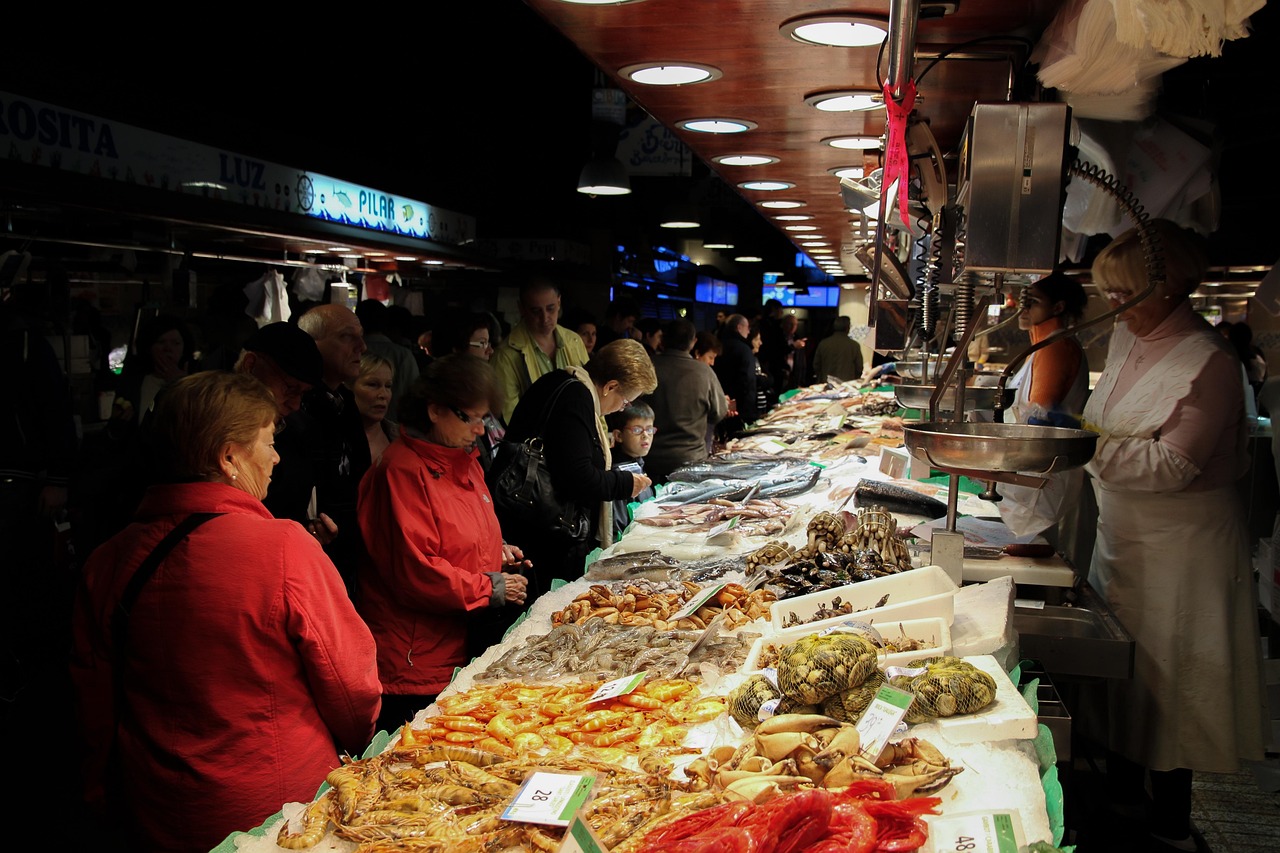
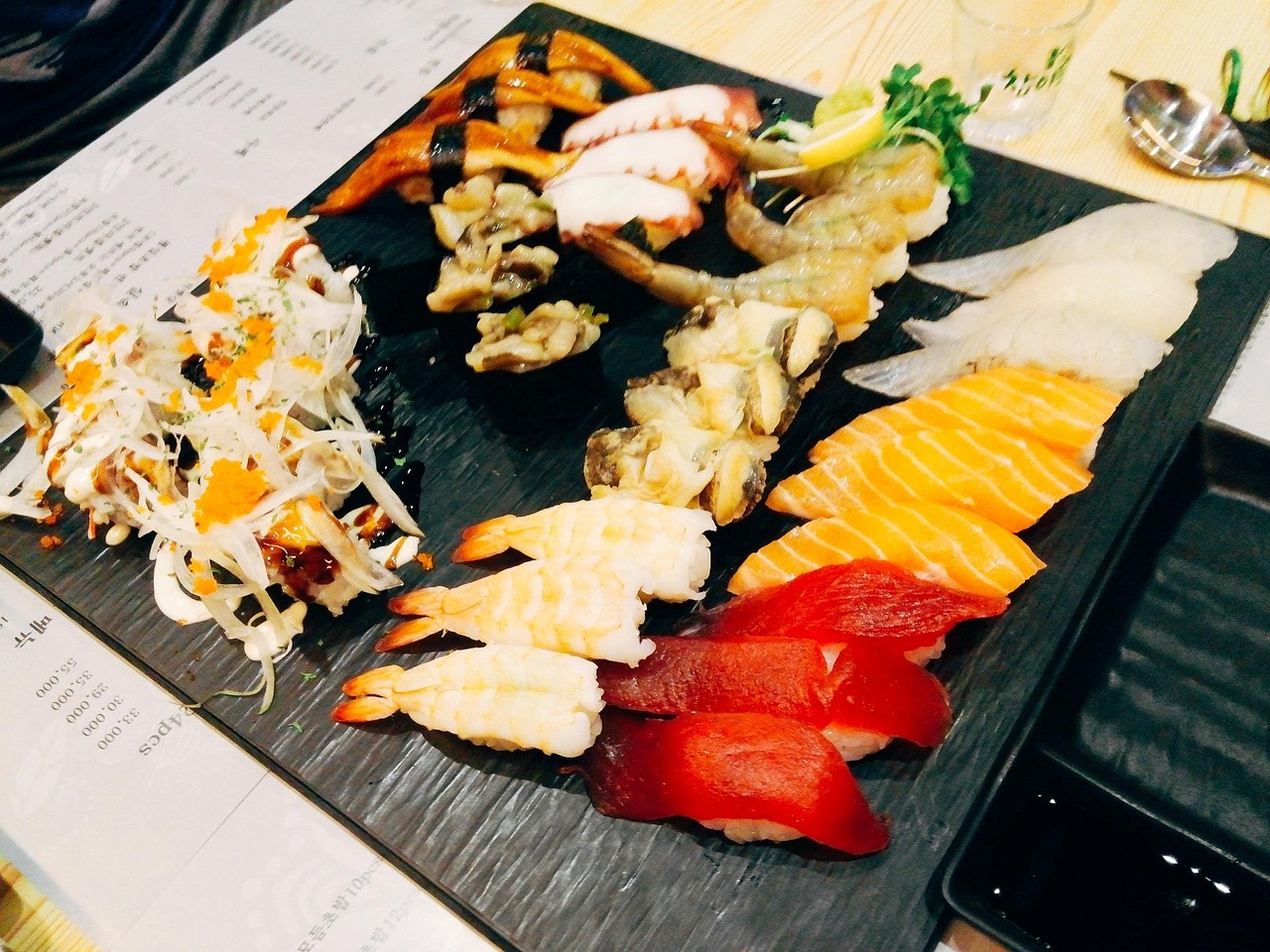
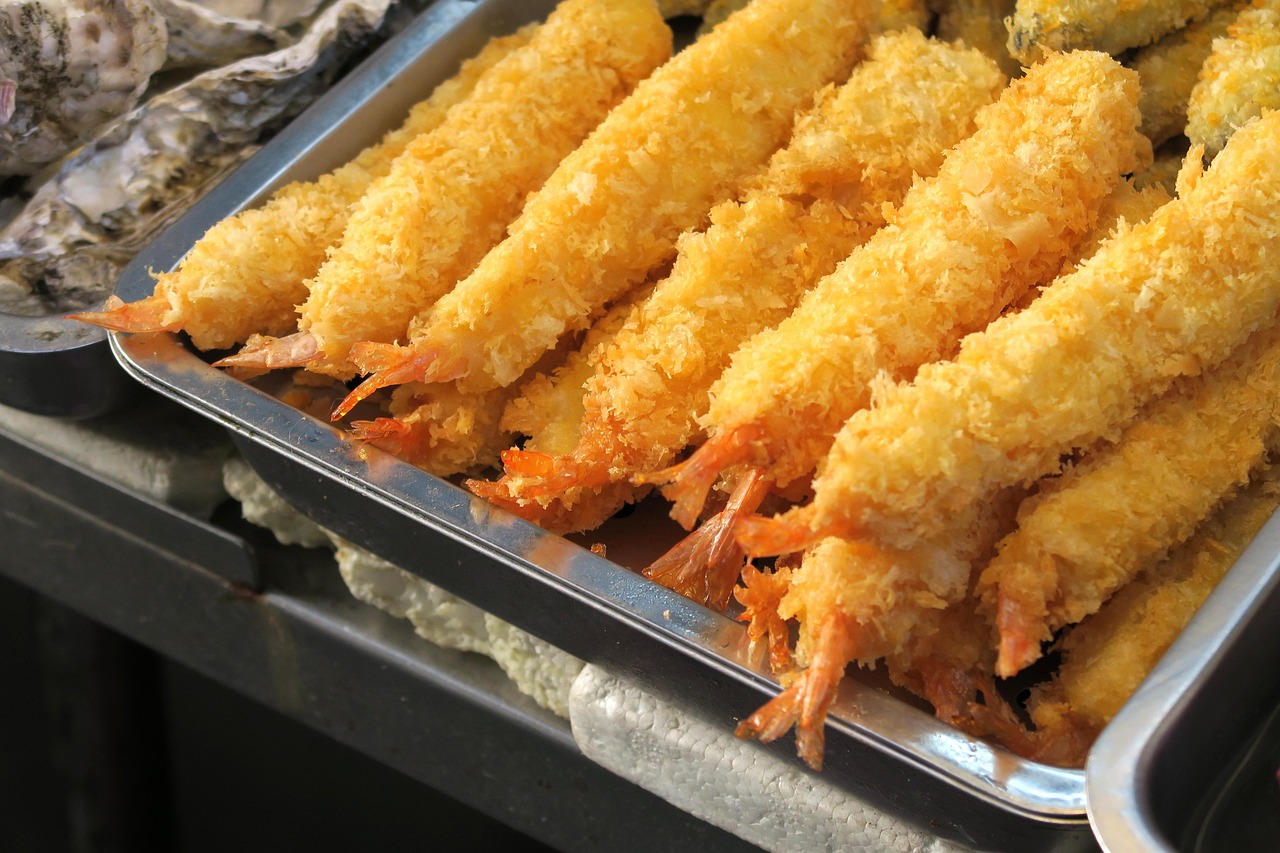
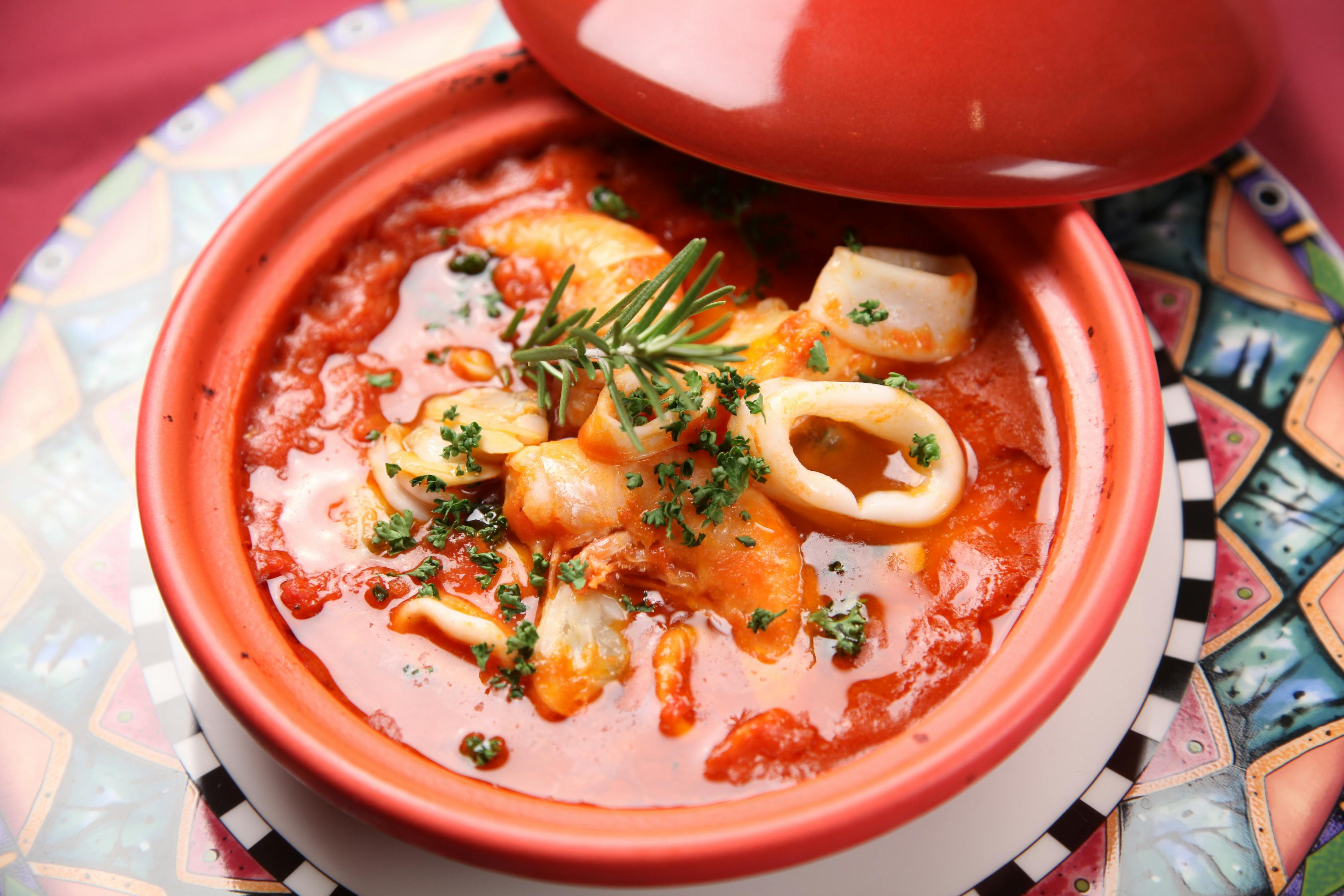
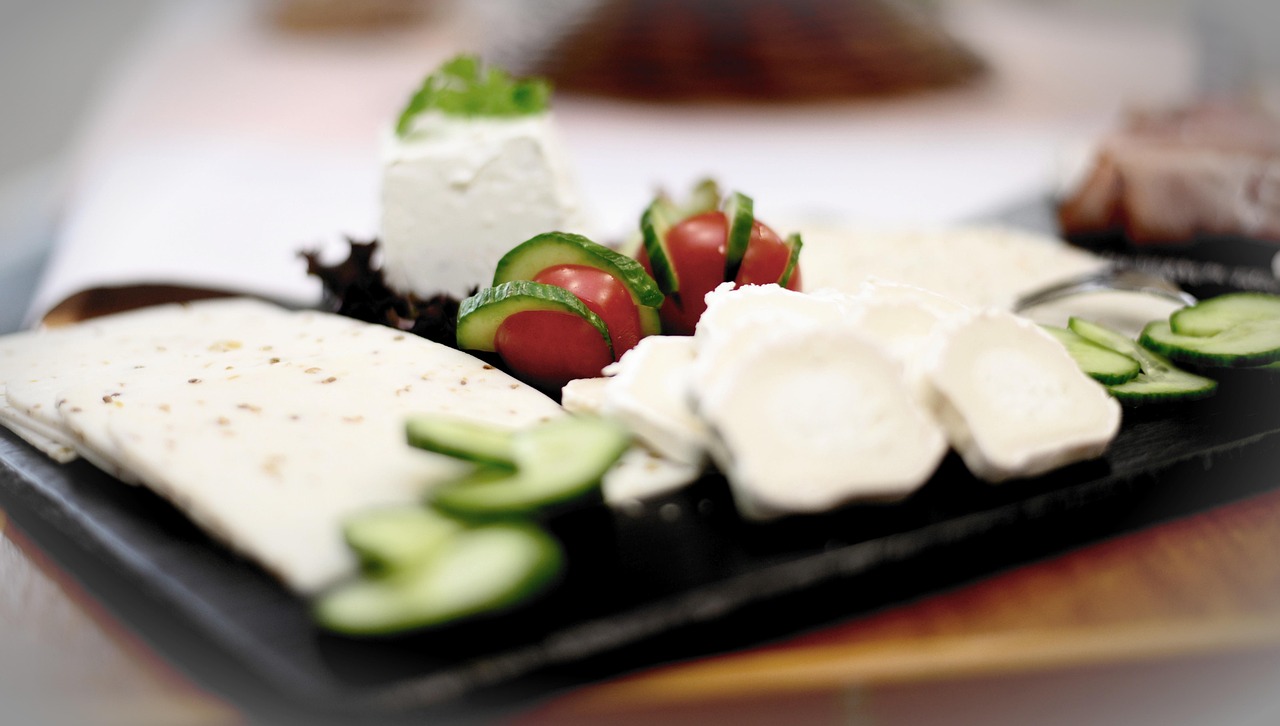
 京公网安备11000000000001号
京公网安备11000000000001号 闽ICP备2023004937号-3
闽ICP备2023004937号-3